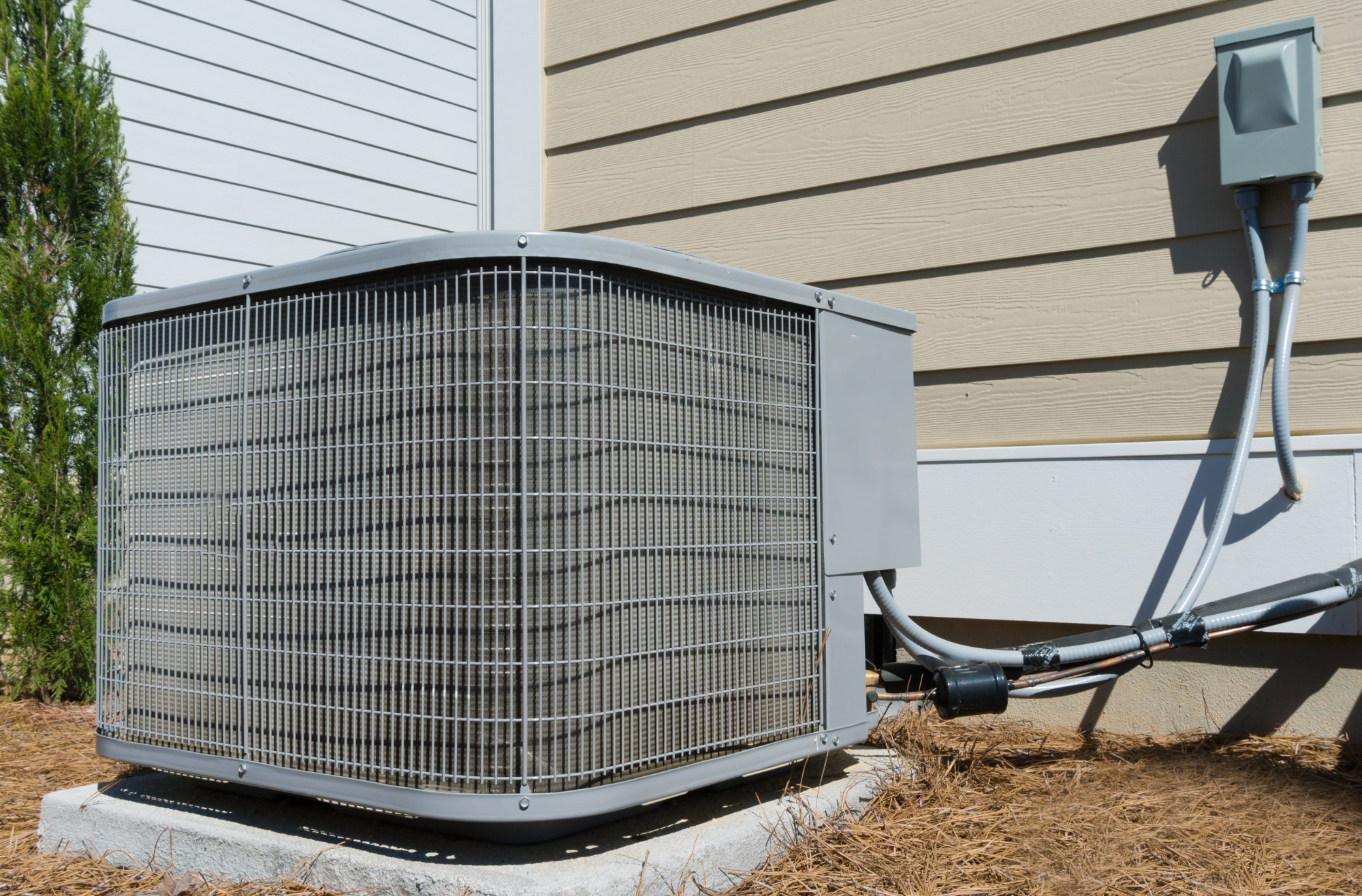
Your air conditioner is one of the most expensive items in your home. As such, it is important to protect your investment.
The average air conditioning unit lasts 15 to 20 years. If you want to maximize its service life, preventative maintenance is the key. Simple maintenance tasks that do not require professional assistance make a significant impact.
Read on to learn all about the lifespan of an AC unit. Explore more about the average AC lifespan and how you can extend it by emphasizing preventative maintenance.
What Is the Average AC Lifespan?
With proper maintenance, you may be able to squeeze 20 years out of your AC unit. Some maintenance tasks require professional assistance, while others are do-it-yourself.
For example, something as simple as changing the air filter goes a long way. The air filter captures dirt, dust, and debris before it enters the ductwork. A clear air filter allows cool air to move freely into the ducts and throughout the home.
A clogged filter, on the other hand, limits airflow. Your AC unit needs to work harder to reach the desired room temperature. Clogged air filters ultimately diminish the AC unit’s service life.
Another task for the average homeowner is to inspect the exterior air condenser. It is important to keep the air condenser free from debris.
The condenser system pushes out hot air. If the vents on the side are blocked, the unit’s efficiency is degraded, which ultimately decreases service life.
It is also wise to keep up with your unit’s recommended maintenance schedule. The best way to do this is to contract out AC maintenance to a service company.
A certified AC repair technician knows the maintenance intervals on your unit. They will order replacement parts and make sure everything is operating at an optimal level.
Another way to extend your unit’s service life is by acquiring a smart thermostat. Today’s technology can shut the AC off when you are not home or lower the temperature slightly during non-peak hours.
What Are the Signs You Need a New AC Unit?
There are obvious signs that you need a new AC unit. You do not need to wait until your unit breaks to replace it.
You do not need to be handy to see that something is wrong. The first place to look is the monthly utility bill. If your bill is unusually high, it may indicate that the AC unit is operating inefficiently.
Another sign that something is wrong is when the room temperature is not comfortable. You lower the thermostat, but the home never reaches the desired temperature. The unit is running, but not blowing out air that is cold enough.
Reviewing Our Guide to AC Lifespan
Performing simple maintenance tasks go a long way to extending your AC unit’s service life. Changing the air filter and clearing debris from the condenser are easy enough for any homeowner to complete. Upgrading to a smart thermostat also helps conserve your unit.
If you enjoyed this article about extending AC lifespan, check out our blog for more great content.
Leave a Reply